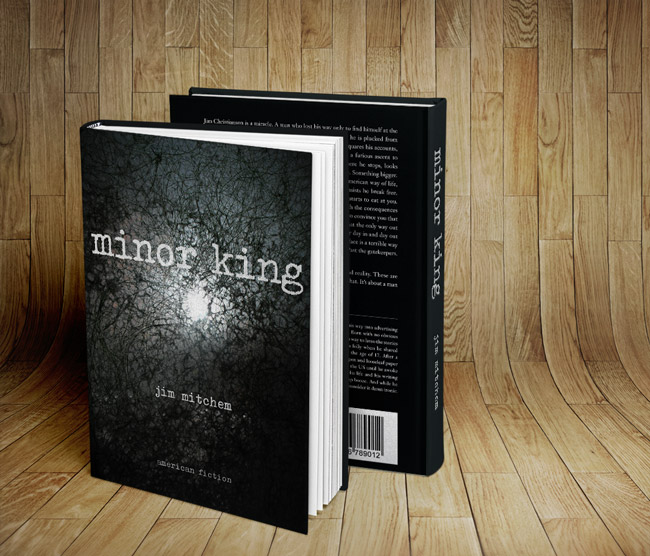Since joining Twitter and Facebook in 2008, I’ve enjoyed observing how people communicate in these spaces. I’m not just talking about sharing cool links – but rather the big, important stuff. The stuff of life. Personal challenges. Victories. Heartbreak. Joy. How a person shares these things (or not) says everything about them. If you look closely enough, you can see the essence of a person by observing what they share here. Or don’t share.
As a writer, in particular a copywriter who has spent his career having conversations with people in his head, I’ve been able to glean a lot about the human condition simply by observing how people share and interact in these mediums. Some of the most amazing moments occur during times of crisis. Like the Boston Marathon bombing. Or Newtown. Or the Japanese tsunami. Events that affect us all on a universally human level. It’s remarkable to observe how we grieve here – and how we support each other’s grief to lift each other out of it. It’s not about ‘saying the right things’ during these times as much as simply connecting and sharing and flinging emotional filament into the universe hoping that it catches somewhere. It always does, by the way.
But there’s something else that happens in these times of crisis that reveals a dark side of the human condition. When something like the Boston bombing happens, we tend to turn into sheep. Yes, we need to discover critical information. Yes, we need to help each other grieve and overcome. But beyond that, we become sheep for the media. I don’t know about you, but having the media serve as our shepherds during times of crisis doesn’t comfort me one bit. Sure, the media might break important news – and sometimes may get it right – but trust me when I say that the media doesn’t really care about you. It doesn’t exist to inform you. The media (all media) exists to sell advertising. Period. Informing you is a byproduct of this main goal. So whether it’s a hurricane bearing down on the Gulf Coast, or a bomber hiding out in a neighborhood, when you’re glued to the television or computer to satisfy your need to consume this critical information – you’re giving the media exactly what they want. Eyeballs. I read a piece on Slate last night that offers an excellent alternative to becoming sheep during time of crisis. I highly recommend reading it so that the next time a crisis occurs (and it will definitely occur) you don’t become a mindless sheep that’s led around by an evil shepherd that profits from your human fallibility.
Combined with the seemingly mundane routines of daily life, our personal struggles and accomplishments, and the big events that connect us all – it’s truly remarkable to observe the human condition in these spaces. When I say I feel blessed to know you, I mean it. We may never even meet in real life, and we may not always agree on things, but I feel you. And you feel me. And it’s beautiful. After nearly five years, I can’t imagine life without you.

***
